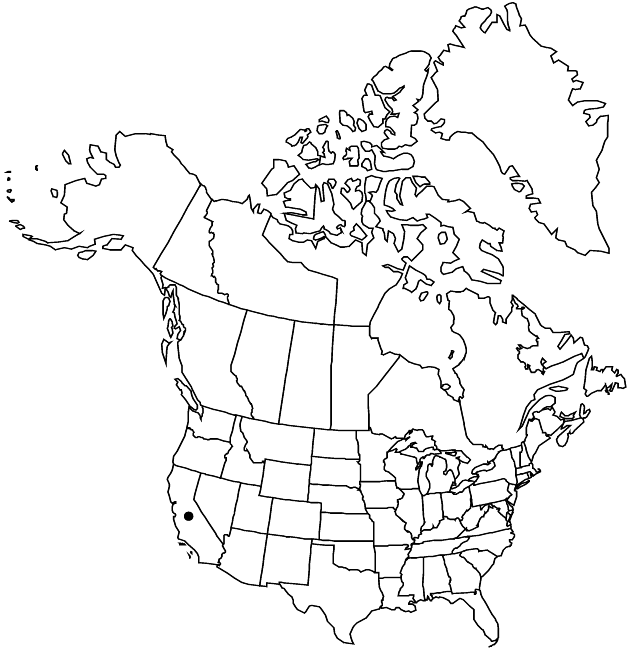Difference between revisions of "Monolopia stricta"
Madroño 5: 258. 1940.
FNA>Volume Importer |
FNA>Volume Importer |
||
| Line 46: | Line 46: | ||
|publication year=1940 | |publication year=1940 | ||
|special status= | |special status= | ||
| − | |source xml=https://jpend@bitbucket.org/aafc-mbb/fna-data-curation.git/src/ | + | |source xml=https://jpend@bitbucket.org/aafc-mbb/fna-data-curation.git/src/8f726806613d60c220dc4493de13607dd3150896/coarse_grained_fna_xml/V19-20-21/V21_879.xml |
|tribe=Asteraceae tribe Heliantheae | |tribe=Asteraceae tribe Heliantheae | ||
|subtribe=Asteraceae (tribe Heliantheae) subtribe Baeriinae | |subtribe=Asteraceae (tribe Heliantheae) subtribe Baeriinae | ||
Revision as of 15:38, 18 September 2019
Leaves oblanceolate to lance-linear. Peduncles 30–50 mm. Involucres 5–7 mm. Phyllaries ± 8, distinct, oblanceolate, apices acute. Ray florets 8; corollas yellow, laminae 2–7 mm (w San Joaquin Valley) or 9–17 mm (se San Joaquin Valley), entire or slightly lobed (mid lobes shorter than outers). Disc florets 20–40. Cypselae ± prismatic, not obcompressed, 2.5–3 mm, 3-angled (ray) or 4-angled (disc), uniformly gray-strigose. 2n = 26.
Phenology: Flowering Feb–May.
Habitat: Clayey areas in grasslands or openings in chaparral or oak woodlands
Elevation: 50–800 m
Discussion
Selected References
None.
Lower Taxa
None.
